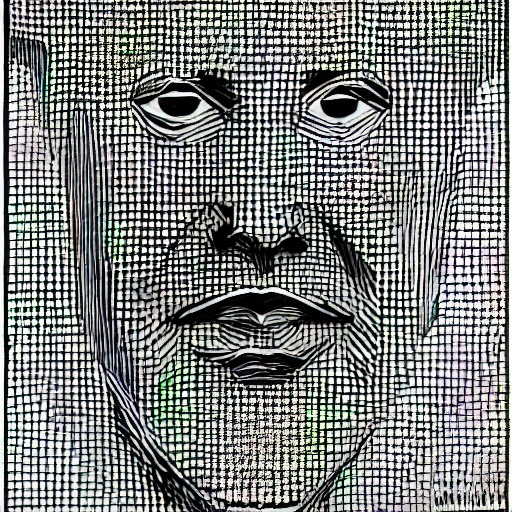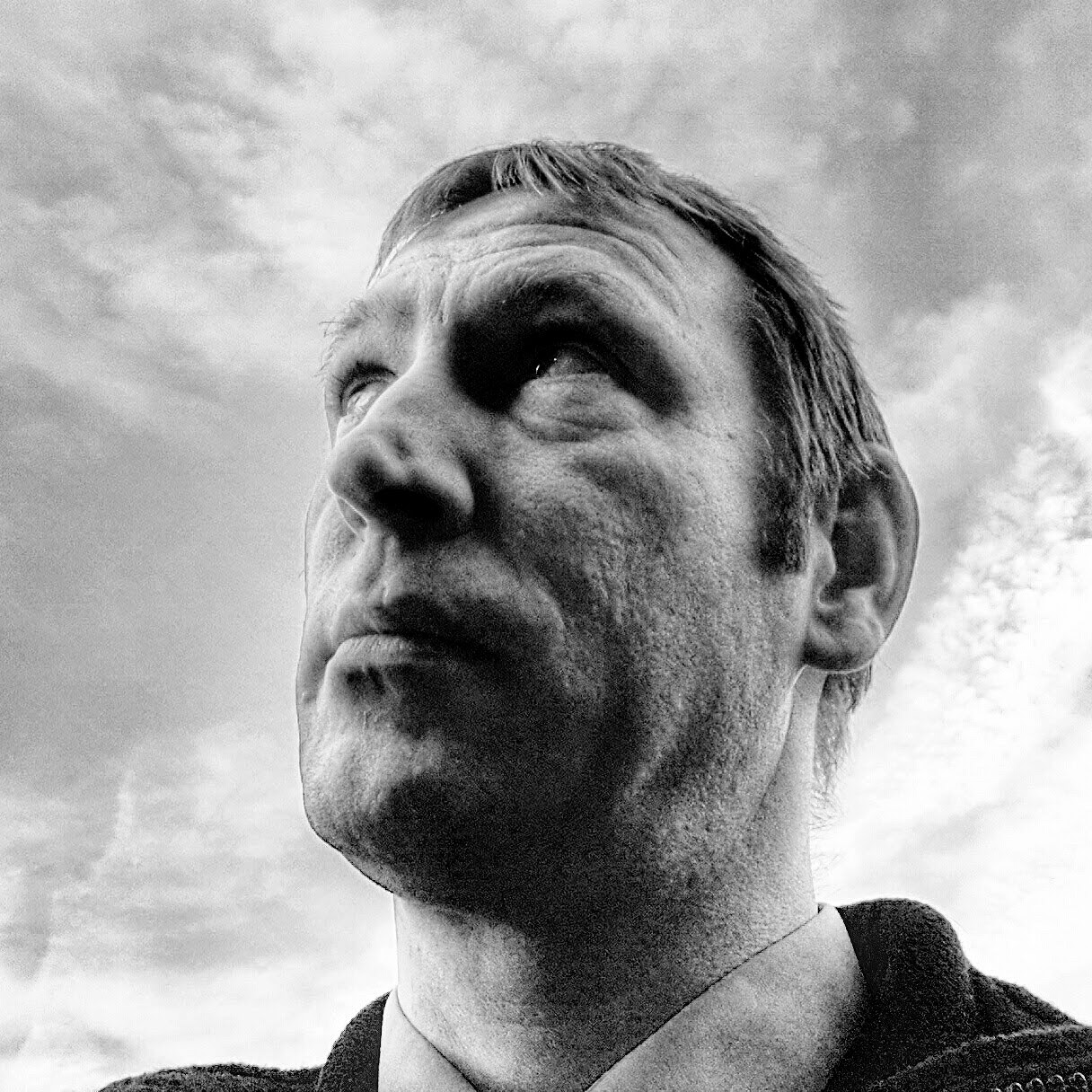Bonus points for any books you believe are classics from that time period. Any language, but only fiction please.
I’m really excited to see what Lemmy has.

Neil Gaiman

He died in 1982 but his works are hugely influential:
Philip K Dick.
Sir Terry Pratchett.
A phenomenal author whose ability to weave a story is fantastic, but was also adept at writing in jokes and references that make re-reading the novels a delight.

Brandon Sanderson
The man is a top flight book generating machine. Where he’s taking the Cosmere, I don’t know, but I’m gladly awaiting for the novels he’ll write the in future to find out. Reading the Stormlight Archive and Mistborn is a joy.
I also really enjoyed how he wrapped up The Wheel of Time. He is much less reluctant to kill off characters than many other authors, and that series needed some serious character culling to bring closure.

Second this one

Umberto Eco.

Yes! The Name of the Rose and Foucault’s Pendulum were both great. If you’ve read more of his work and have a recommendation for where to go next I’d love to hear it.
On the topic of Italian authors, I loved Italo Calvino’s “If on a winter’s night a traveler” as well. I didn’t really expect it to pay off as a cohesive work. I was mostly along for the ride and was pleasantly surprised.

Maybe Foucault’s Pendulum wasn’t for me. I recognise the craft and intense research involved, and I loved all the multilingual notes all throughout. But I didn’t really get into it until about page 400.
I know it was meant to put you in the headspace of a conspiracy theorist, but I found the intense detail laboured on the Templars incredibly dull.
The part at the end with the Eiffel tower was great though.

I did not read that book of Calvino (nor have I heard his name) but there exists a free game on steam called “If on a winter’s night four travelers” with very positive reviews which seems to be inspired by the book.

Two authors I haven’t surprisingly seen mentioned
Neil Gaiman is great. If you haven’t read his works yet, start with *the ocean at the end of the lane". A wonderful, short read.
This second one is going to be controversial.
George RR Martin. The books are actually well written, and yes the final book probably won’t get written, but it won’t take away from your enjoyment. He is a very good writer.

GRR Martin knows how to write people. I think I learned a great deal of humanism just by reading his works alone

Cory Doctorow and I suggest reading Walkaway. I found it transformative.

Little Brother too, very good.

Terry Pratchett (first book 1971 so barely counts haha)

Neil Gaiman. The man can write novels, YA novels, graphic novels, children’s books. And they all have such well crafted worlds that you just want to lose yourself in them.
I also think Neal Stephenson and Corey Doctorow deserve WAY more attention than they get.

This isn’t a perfect example but Cormac McCarthy has been my favourite author for years now, and his first major work Suttree was from '79.
My all time favourites novel is Blood Meridian from 1985. If you’re familiar with metamodernism, which is basically very modern works that have their cake and eat it when it comes to modernist ideals and postmodern critique, you’d clock that practically every western is either a modernist white hat western or a metamodern “the west is grim and hard, but also fucking cool” western. The only straight postmodern takes on the west that I know of are either Blood Meridian or pieces of work that take direct notes from it, such as the films Dead Man from ‘95 (except maybe the Oregon Trail video game from. 85’). Blood Meridian otherwise is a fantastic novel which meditates on madness and cruelty, religion and fate, race, war and conquest and so many other themes. It also has one of the best antagonists ever written in Judge Holden, a character who I would have called a direct insert of Satan if not for the fact that his deeds and the novel as a whole are closely inspired by true events. I feel the novel takes inspiration from Apocalypse Now, specifically the '79 film and not Conrad’s 1899 novel Heart of Darkness. If you enjoy that film, you’re likely to enjoy this book. The opening and closing chapters are fantastic, but I often find myself re-reading chapter 14. It has some of the best prose and monologues of the entire novel, and encompasses in my opinion the main turning point of the novel.
His other legendary work is The Road, a 2006 post-apocalyptic novel. I’ll talk on this one less but as our climate crisis grows and our cultural zeitgeist swings more towards this being the critical issue of our time, the novel fantastically paints itself as both a fantastic warning to our 21st century apocalypse and the unresolved 20th century shadow of nuclear winter. Despite this, it hones in on a meditation of parenthood and could be considered solely about that, with other themes of death, trauma, survival and mortality being explored through parenthood. Of course the unsalvageable deatg of the world that make the setting also makes this theme extra tragic. There is an adaptation into a film from 2008 but it isn’t anywhere near as potent as the novel and I’d suggest should only be seen in tandem with reading the novel. The prize of this novel has really evolved to fit the novel too. McCarthy is renowned for his punctuation lacking prose, but where Blood Meridian is practically biblical in its dramatic and beautiful prose which juxtaposes the plain and brutal violence, The Road sacrifices no beauty in it’s language but is so somber and meanders from mostly terse to so florid, while also always perfectly feels like how the protagonists are seeing their world.

The Road is perhaps my favourite novel I’ve read. Absolutely haunting

Cormac McCarthy, wrote some books you might have seen as movies such as The Road and No Country for Old Men.
Blood Meridian or The Evening Redness in the West is a crazy good book.

Can I cheat? Ursula K LeGuin’s first famous book, A Wizard of Earth sea, was published in 1968. Amazing stuff. Also I love her short story, The Ones Who Walk Away from Omelas.

Great Author sadly disqualified due to date for the thread.
My only hope for her is that she has more to put out before she passes. Damned good author.

Le Guin died a few years ago.

I only read “The Left Hand of Darkness”. That novell was fire (no pun intended). Excellent world building and super captivating and immersive writing.

I’m a huge fan so am biased, but I’d allow it. The Dispossessed is another classic.

Terry Pratchett! The Discworld books have kept me busy for years now and I don’t even consider myself much of a reader.

Alan Moore
Saga of the Swamp Thing and Watchmen are two amazing runs of comics he wrote.
Huge fan of his recent-ish novel, Jerusalem.

Iain M. Banks.

Also Iain Banks. One of his M-less books was on Play as an M and it’s the only non-pew fiction I’ve read in a long time, but I actually finished it.
